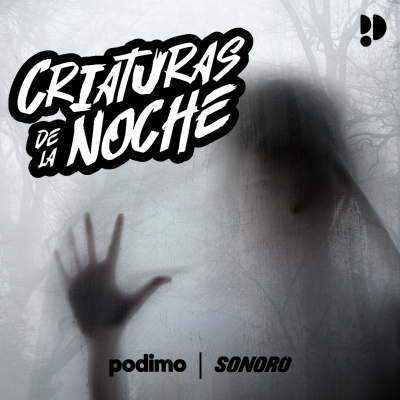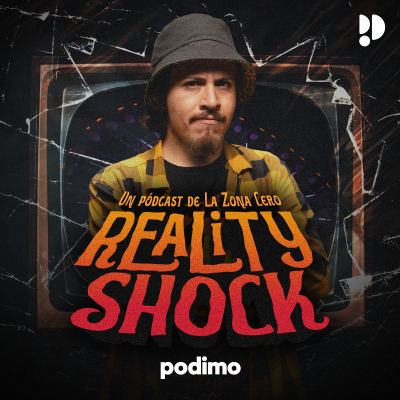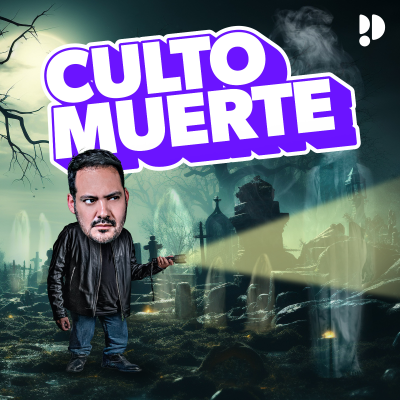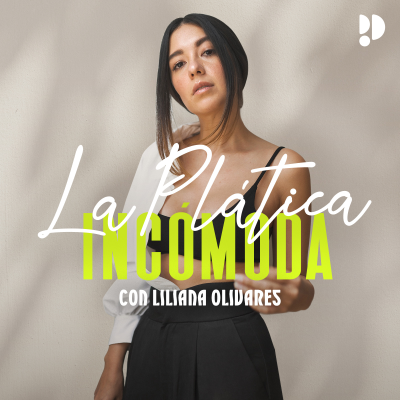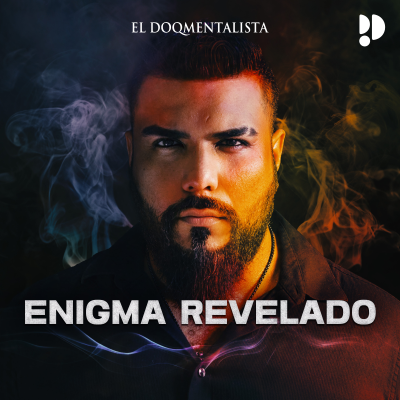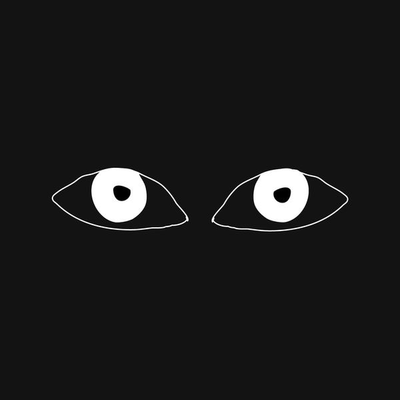
Transforming Darkness podcasts
Danish
Personal stories & conversations
Limited Offer
2 months for 19 kr.
Then 99 kr. / monthCancel anytime.
- 20 hours of audiobooks / month
- Podcasts only on Podimo
- All free podcasts
About Transforming Darkness podcasts
I forbindelse med Kirstine Roepstorffs udstilling Renaissance of the Night, som vises på Kunsthal Charlottenborg fra d. 15 juni - 12 august, er der i samarbejde med radiovært på DR P1s program ’Supertanker’ Carsten Ortmann, produceret en podcastserie med temaet mørke og med titlen Transforming Darkness. På tværs af personlige erfaringer og fagområder præsenterer podcast-serien en bred vifte af forskellige stemmer, der alle taler om deres forhold til mørket. Lige fra en blind drengs sensibilitet af lys og farver til en anerkendt astrofysikers viden om stjernestøv og sorte huller.
All episodes
21 episodesWe need darkness and to engage with forms not yet emerged
The list of dark subtexts seems endless: from unform and uncolor over depression and anger to problematic notions of race and skin color. With anthropological perspectives you can approach darkness across a wide range of connotations without necessarily trying to pinpoint its essence, definition or boundaries but instead try to grasp how darkness has been mobilized by people, theories and political movements throughout history. Mankind has always been driven by the urge to explore the farthest, darkest corners of our realities, but maybe we don’t need to know all those things? Maybe darkness is for mystery?
Part 2, A voice from embodied darkness into light
To some people, darkness – mental as well as physical – is what seems to appear when life has no meaning. But through the philosophical approach of so-called existensial sensitivity, maybe we can actively withdraw to our darkness in order to transform from one psychological state to another. In a dialectic cosmology of light and darkness, we tend to associate light and cosmos where the dark is chaotic, however, darkness is needed for the world of light, the cosmos, to have a shape.
Part 2, Big Bang and black holes
With Big Bang, the universe sent out light for the first time and since then there has been no actual darkness out there because photons, the light particles, can be caught at all wave lengths. However, the universe still contains the astrophysical paradox of dark matter, a missing mass, which can only be detected by looking at bright matter. This dark matter seem to have been present in the universe even before the Big Bang as an invisible pre-material – at the same time fundamental and incomprehensible. Without darkness we wouldn’t be able to see the light.
Part 2, Gud, skønheden og kærligheden i mørket
Blandt kvækkende frøer går Anders Laugesen ind i natten: Eksistensens urgrund, det, der var inden lyset, kontroltabet og overgivelsen. Ud af mørket viser livsretningen sig, det er kan være kærlighedens sted, det ydre mørke kan hele et indre mørke – hvis vi tillader os selv at se det.
Samfundet er mørkerædt, men når vi kan gå frygtløst ind i mørket, transformerer vi det destruktive til det konstruktive
“Materialet gemmer, ligesom havet, på enorme mængder af sæler”, og hvis man virkelig lytter til materialet kan man måske høre mørket komme skyllende. Dansen kan træde ind og agere i det sprogløse og udenfor sproget er mørket, så i bevægelsen kan kroppen nærme sig det eksistentielle mørke. En krop er et materiale der arbejder i det sanselige, og den japanske Butoh-dans er den måske tydeligste kropslige forløsning af mørke energier og stemninger som undertrykt seksualitet, vold, død og kaos.
Choose your subscription
Limited Offer
Premium
20 hours of audiobooks
Podcasts only on Podimo
All free podcasts
Cancel anytime
2 months for 19 kr.
Then 99 kr. / month
Premium Plus
Unlimited audiobooks
Podcasts only on Podimo
All free podcasts
Cancel anytime
Start 7 days free trial
Then 129 kr. / month
2 months for 19 kr. Then 99 kr. / month. Cancel anytime.






